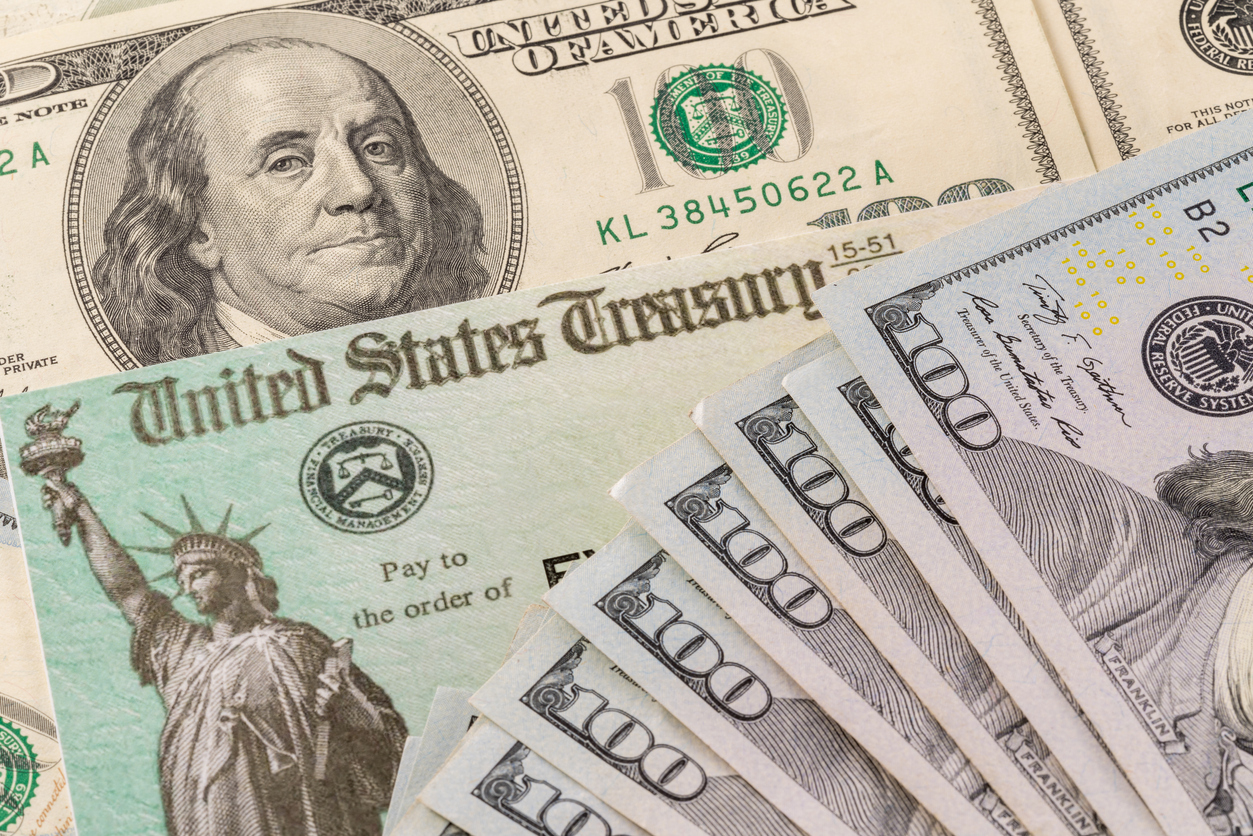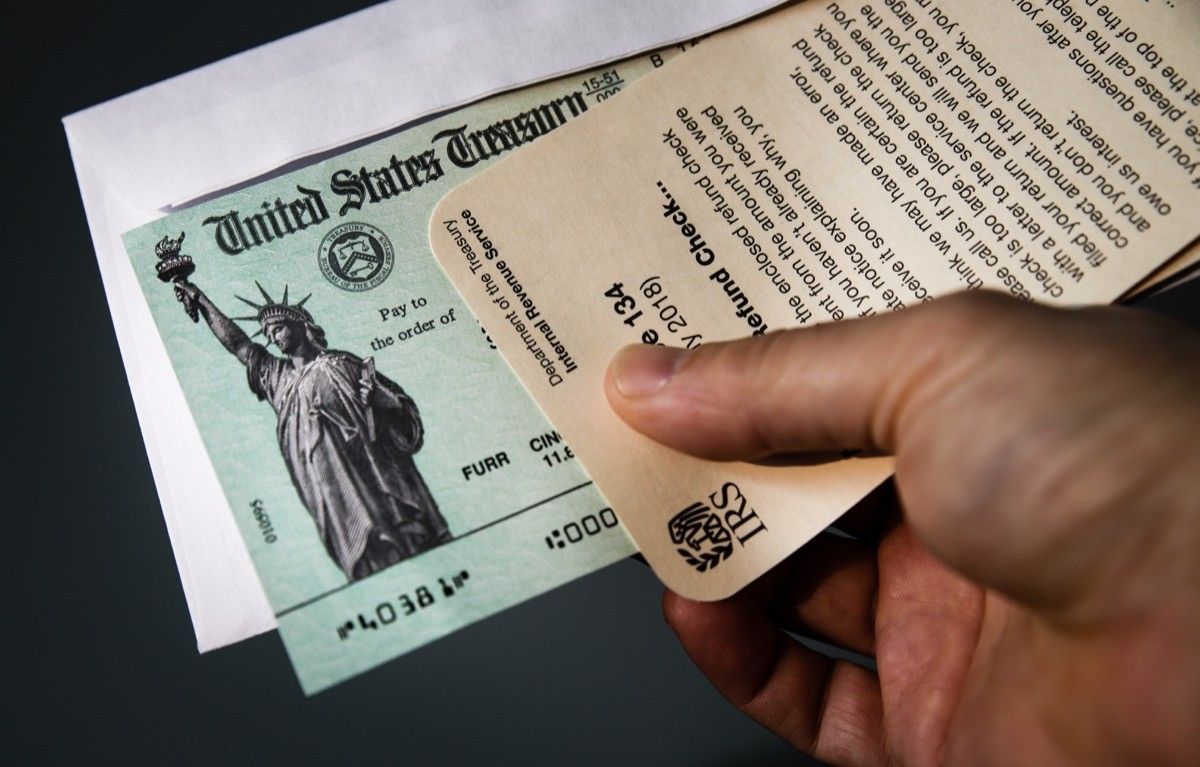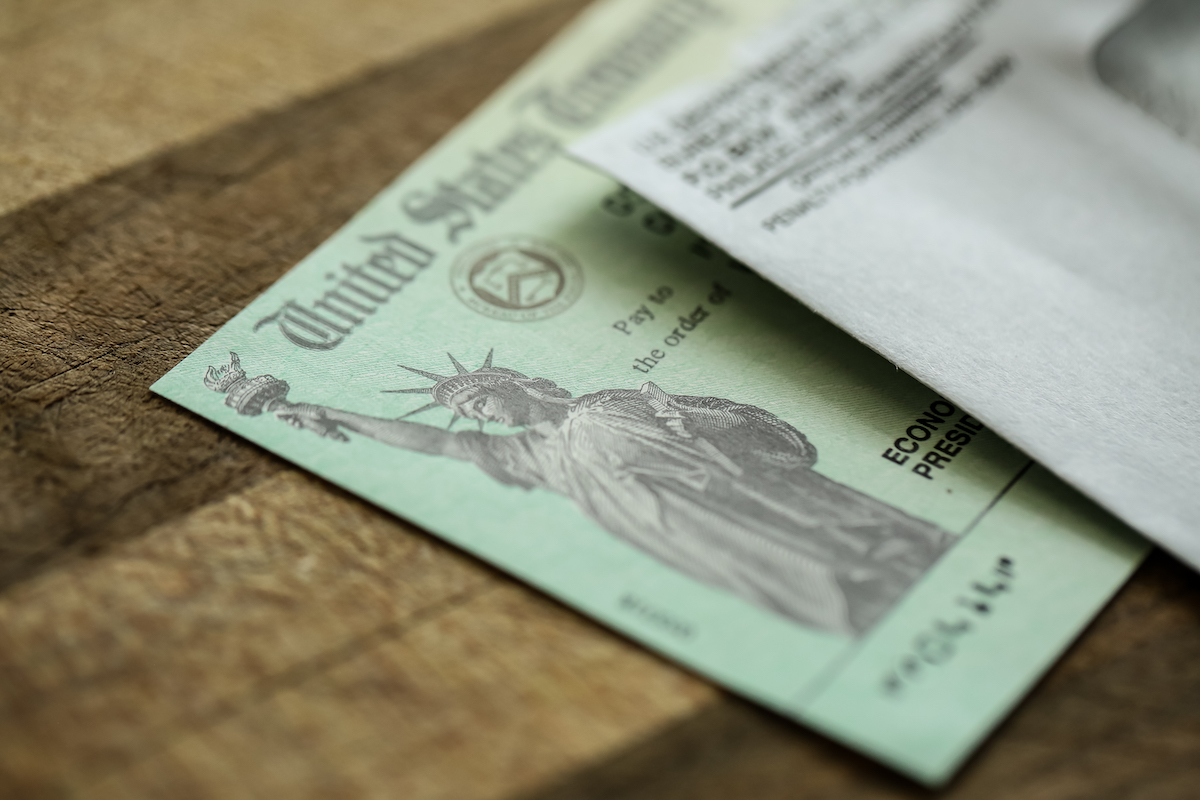As Democrats and Republicans in Washington, D.C. have gone back and forth negotiating how a final bill will look, experts are now saying that the stimulus bill will likely be passed using budget reconciliation, which quickens the process by only requiring a narrow majority of votes to be enacted. “We’re looking at an early March timetable of getting something signed into law, if everything works correctly,” Ed Mills, Washington policy analyst at financial services company Raymond James, told CNBC. “It’s not yet a done deal,” Mills cautioned. “But certainly there is more unification among Democrats than I have really ever seen and a sense of urgency that usually doesn’t exist.” News of the new timeline comes as Democrats appear to have smoothed out details of their own proposal, dropping a previously considered plan to limit full payments of $1,400 to individuals earning up to $50,000 per year and for $2,800 to be sent to married couples earning up to $100,000 per year. Now, the official proposal would see full stimulus payments for anyone making up to $75,000 annually and couples earning $150,000, The Washington Post reports. And while those earning up to $75,000 will still be entitled to full checks as they were for previous stimulus payments, the new proposal does affect those at higher salary tiers. According to the new plan, individuals making more than $75,000 will still be entitled to smaller checks, but those making $100,000 or more will not receive any stimulus payments. And for more on what could be next in the pandemic, check out Dr. Fauci Just Gave This Scary Update on the New COVID Strain. But while Democrats appear to have scrapped the idea of introducing a new limit to who can receive full checks, the Republican Party does not seem to have backed down on their previous offer put forth during negotiations. Their plan would not only decrease the maximum salary requirements, but would also decrease the amount of the checks themselves. According to Forbes, 10 Republican senators sent a proposal to President Joe Biden on Jan. 31 that calls for sending $1,000 checks instead of $1,400. Under this proposal, individuals earning up to $40,000 per year and couples earning up to $80,000 per year would receive a full $1,000 stimulus check. Those earning more than that would see their payments lessened, but then cap out completely at an individual salary of $50,000 or a coupled salary of $100,000—meaning those who earn this much or more will receive no money at all. And for more updates on your stimulus payment, sign up for our daily newsletter.ae0fcc31ae342fd3a1346ebb1f342fcb Even though the package has also lost some original elements in negotiations—including a proposed hike in the national minimum wage from $7.50 to $15 an hour—President Biden has said he would push for such policies down the line in stand-alone bills. But when it comes to direct stimulus payments, experts believe it’s unlikely that more will follow. “For individual assistance, this is very likely the last major package,” Mills told CNBC. And for more on things that won’t be back, check out Dr. Fauci Just Said We’ll Never Be Able to Do This Again.



